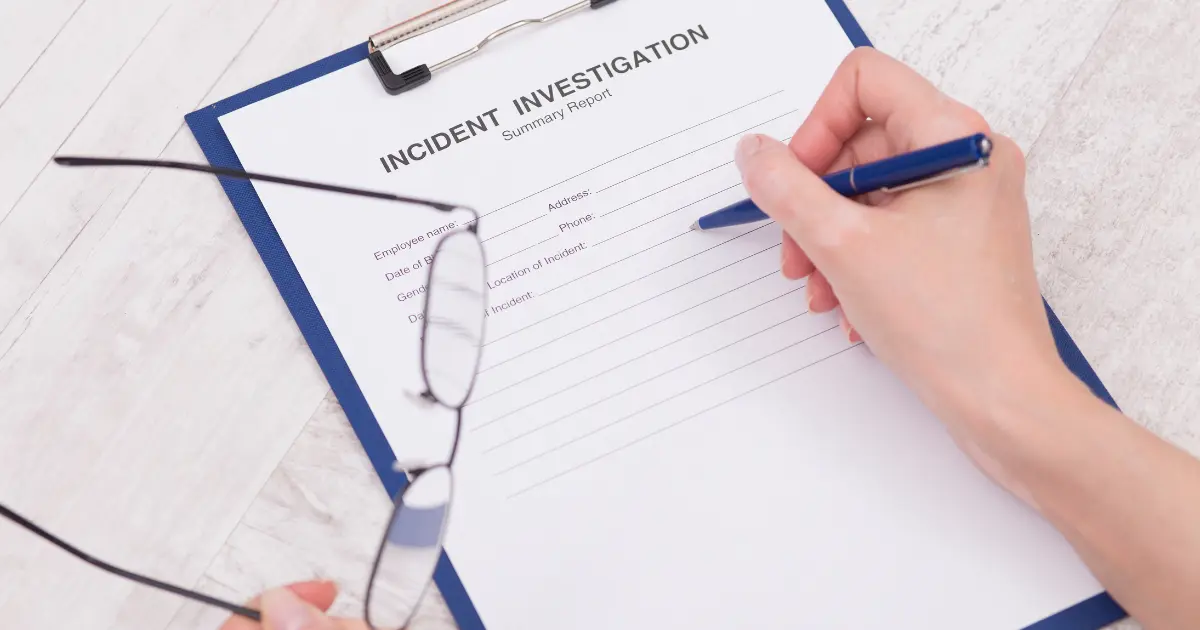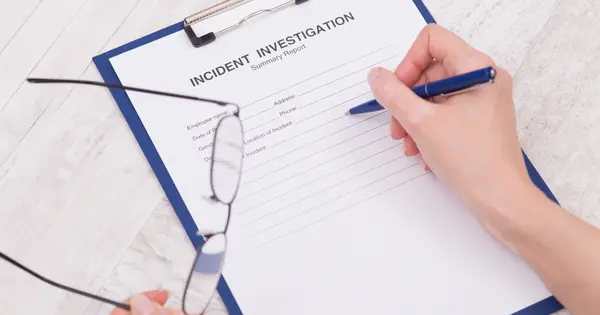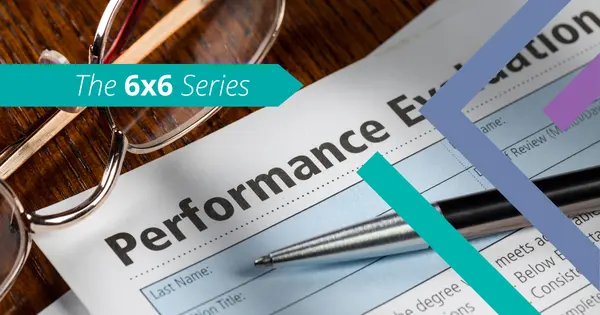 Online
Online
 Online
Online
When does a complaint warrant an investigation? When would it be better to use mediation techniques to resolve the complaint? Does the allegation fall within the legal definitions of inappropriate behaviour or other forms of gross misconduct? Is it just banter?
Do you know which of the various Codes of Practice and employment laws to follow when conducting a remote investigation, including the new Revised WRC Code of Practice issued in recent years? Do you have a ‘best practice’ process for applying other methods of resolution before proceeding to a formal investigation?
These and many more questions will arise throughout what can be a convoluted and frustrating process, especially with many investigations now taking place remotely.
Each session provides time for open discussion and questions, ensuring the content is relevant and tailored to what matters most to you.
This event is ideally suited to employers, senior managers, investigation officers and HR professionals.
This event is a must-attend for employers, senior managers, investigation officers, and HR professionals who want to navigate workplace investigations confidently and effectively. Whether you're handling sensitive complaints, ensuring compliance with legal standards, or managing remote investigations, you'll gain practical skills, actionable insights, and tools to streamline the process. Attending will equip you with the knowledge to differentiate between issues requiring formal investigations and those best resolved informally, helping you safeguard workplace harmony while minimising risk to your organisation.
You'll leave equipped with detailed notes, expertly designed slides, and practical templates—valuable tools to streamline and enhance your investigations from start to finish.
Here's what to expect over the 2 half days.
An introduction to the course tutor, and participants are invited to outline what they would like to achieve from the training session.
The first challenge faced by supervisors and line managers is what should their initial response be to an employee complaint or issue.
Attendees will review a range of practical scenarios which describe employee complaints and issues ranging from allegations of bullying to suspicion of theft, with the objective of learning when to investigate, when to mediate and what can be handled informally.
A key area which can give rise to the need to investigate is the area of alleged bullying, harassment, sexual harassment or discrimination.; this part reviews the definition and examples of these types of inappropriate behaviour at work, and how to determine, with reference to the legal guidelines firstly whether a complaint actually falls within these definitions or not, and secondly what may be the appropriate course of follow-up action (e.g. informal resolution, mediation, investigation).
Mediation is a skill that requires practice, patience and maturity; the purpose of this session is to provide attendees with enough information to begin that journey, to introduce participants to the key concepts of what is a ‘best practice ‘mediation intervention, how to manage a workplace mediation, including how to reach an agreement to mediate, how to manage the process and how to follow up afterwards.
Tutor will share her experience of remote mediation – what works and what pitfalls to watch out for when carrying out a remote mediation
How to form conclusions and make recommendations.
Time to ask any questions you have left.
Here's what previous attendees had to say about Conducting Workplace Investigations and Alternative Conflict Resolution Methods.


Michelle Halloran is an experienced Human Resource Management professional and an accredited workplace mediator providing training and consultancy services to organisations nationwide, in the Public and Private sector. She has spent a long career originally in executive and general management roles, then specialising in Human Resources management in Ireland, the UK and Europe, across various sectors including investment banking, information technology, manufacturing and services plus some time in the public sector, before starting her own HR consultancy business 17 years ago. Her key areas of expertise are in workplace investigations, disciplinary and performance management and employee relations, and the practical application of employment law in a HR context.

